Despite Africa’s immense economic potential—a combined GDP exceeding $3 trillion and a population of over 1.4 billion—just 17% of its total trade occurs within the continent. Small and medium-sized businesses (SMBs) face challenges including high tariffs, a pervasive trust deficit, complex currency conversions, limited market visibility, and bureaucratic hurdles, which make intra-African trade unnecessarily difficult.
Brydge wants to solve that problem. The Nigerian startup, founded in late 2023 by Nathan Agama, is a B2B platform that connects SMBs to verified suppliers and logistics partners. It also enables instant cross-border settlement.
Agama says the company hopes to be the operating system for intra-African trade—an engine for the realisation of the goals of the African Continental Free Trade Area (AfCFTA) agreement, which aims to reduce trade barriers.
So far, the startup has received funding from 54 Collective and Mastercard. It has processed ₦4.8 billion ($3.1 million) in transactions and disbursed ₦100 million ($61,000) in trade financing to 42 small and medium businesses.
How Brydge got started
Agama launched Brydge after facing firsthand the trade hurdles common to African SMBs. As an importer-exporter operating across several African countries, he encountered recurring challenges, later confirmed in conversations with over 1,000 businesses. Agama identified three core barriers to intra-African trade.
This includes a trust deficit. Trust is scarce, even within Nigeria. “You don’t trust someone in Aba if you’re in Lagos,” Agama says. Stories of suppliers disappearing with payments or delivering substandard goods are common, deterring cross-border trade.
In 2022, the death of a supplier led to the loss of a 40-foot and a 20-foot container’s worth of goods, costing him dearly. The ordeal, compounded by mental health struggles, pushed him to leave social media and relocate to the U.S. temporarily. “I went through hell,” he recalls. “I realised that young traders like me needed a solution to avoid such losses.”
There are also currency conversion challenges. Changing money from Naira to Kenyan Shillings is costly and slow. African central banks prefer holding USD or Euros, not each other’s currencies, forcing traders to navigate expensive black-market exchanges or unreliable banking systems.
Thirdly, many SMBs are unaware of sourcing opportunities across Africa. For example, Agama’s experience importing cowhides from Kenya and Tanzania surprised many fellow tradesmen at the time because there are hardly means beyond one’s network to platforms that lack access to such market intelligence.
These challenges are exacerbated by fragmented infrastructure—payment systems are often WhatsApp-based, procurement is manual, and logistics are unreliable. Agama saw an opportunity to bridge these gaps, creating a platform that not only facilitates transactions but also builds trust and discoverability.
Act one: Streamlining payments
The first phase focused on simplifying cross-border payments. Nathan conducted extensive customer discovery, speaking with over 1,000 SMBs, including traders at Lagos’s Alaba International Market. He found that payment issues were universal: suppliers disappearing with funds, accounts being blocked, or payments delayed due to bureaucratic banking processes.
“I realised it was very common for someone to say, ‘I sent money to China, and they blocked that account,’ or ‘My payment guy ran away with my money,’” Agama said.
Brydge addresses this by partnering with licensed payment service providers (PSPs) like Fincra. Businesses onboarded onto the platform undergo Know Your Business (KYB) verification and receive virtual accounts through partners. These accounts allow seamless transfers, such as moving funds from a Nigerian naira account to a Tanzanian mobile money account..
Agama says the shorter payment cycles are helping customers scale their businesses. For example, he says, Zuba Gold, a Nigerian company importing white cement and sisal derivatives from Egypt, Kenya, and Tanzania, started with $10,000 transactions on the platform and has increased weekly transactions to about 10 times.
Act two: Enabling discoverability and trade
Recognising that payments alone were insufficient, Brydge expanded its services to e-commerce. By aggregating suppliers and logistics providers, Brydge creates a marketplace where businesses can source goods, arrange clearing, or even find warehouses in markets like Ghana or Kenya.
“For trade to happen, discoverability has to be there,” Nathan emphasised. This involves connecting buyers with verified suppliers and providing market insights to identify trade opportunities.
For example, a Nigerian buyer can access South African suppliers through Brydge’s partnerships with local aggregators like Procure Africa.
Brydge joins many new players on the scene, like Hizo, Kishi, and Kuraway. However, Agama says Brydge’s holistic approach sets it apart. Unlike Hizo’s focus on payments, Brydge integrates and orchestrates APIs from these providers in payments, like Money Rates, procurement, and logistics, aiming to be the “operating system” for trade, Agama notes.
The company hopes that by working across these three critical areas—and with increasing collaboration between platforms—it can become one of the leading platforms enabling trade in line with the ambitions of initiatives like the African Continental Free Trade Area.
However, Agama told TechCabal that policy alone isn’t enough. “AfCFTA is a framework, like the UN’s Sustainable Development Goals,” he noted. “It outlines what needs to happen, but it’s up to startups and companies to make it a reality.”
How Brydge makes money
Brydge generates revenue through transaction fees (0.5–1%, capped at $500 for large transactions) and foreign exchange (FX) conversion margins. It plans to introduce subscription tiers with features like approval workflows and other features that streamline operations for its business users.
Brydge has also launched trade financing, providing credit to businesses. Agama says that, unlike many providers, the loans are tied to completed deals rather than hard collateral. So far, the company has disbursed about ₦100 million ($65,189).
Brydge is fundraising
Agama says the startup is working on completing a $750,000 pre-seed round through a friends-and-family round.
He notes that he has a conservative approach to funding, emphasising sustainable growth over vanity metrics. This resonates with impact-focused investors but may challenge traditional venture capitalists expecting rapid scale.
“I’m a traditional guy,” he says. “If one plus one looks like five, there’s a problem underneath.
The funding will help the company scale its operations across active trade corridors. It plans to expand into Kenya, South Africa, Senegal, the Ivory Coast, Egypt, and Tunisia—key trade hubs driving the continent’s commerce.
Beyond payments and procurement, Brydge wants to offer a marketplace for services like clearing agents, warehouses, and logistics providers, creating a comprehensive ecosystem for traders.
By 2030, Brydge aims to achieve a GMV of $50 million, onboard 5,000 active buyers, and expand to 10 African markets, targeting a 20% increase in intra-African trade volume.
“To boost intra-African trade from 17% to 81%, a technology platform like Brydge is essential to create that market,” Agama said.
*At an exchange rate of ₦1,534 per USD.
Mark your calendars! Moonshot by TechCabal is back in Lagos on October 15–16! Join Africa’s top founders, creatives & tech leaders for 2 days of keynotes, mixers & future-forward ideas. Early bird tickets now 20% off—don’t snooze! moonshot.techcabal.com





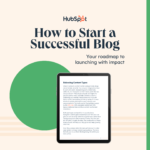


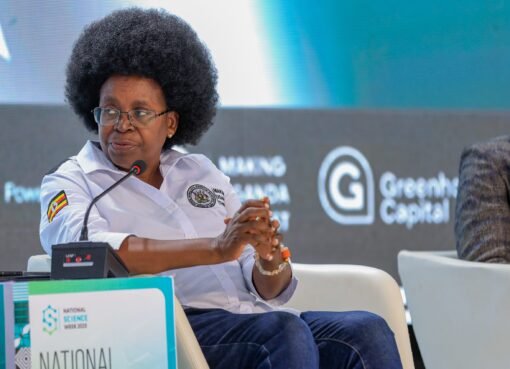



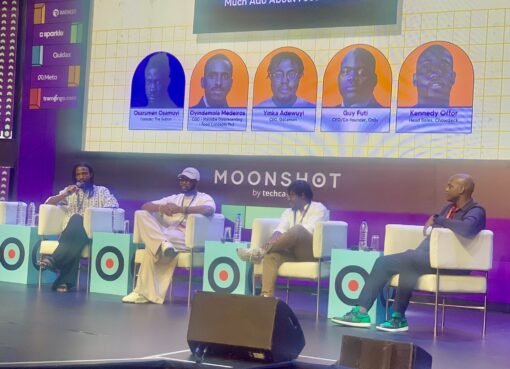
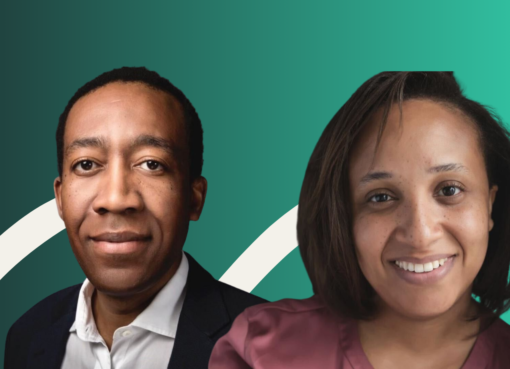





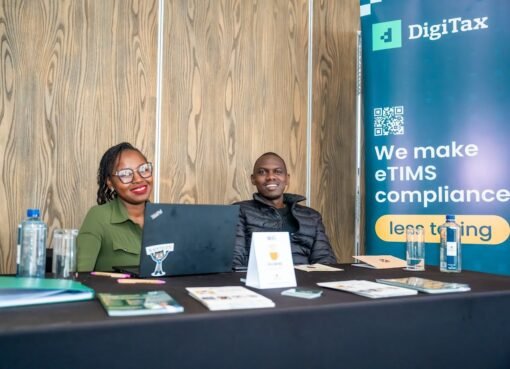
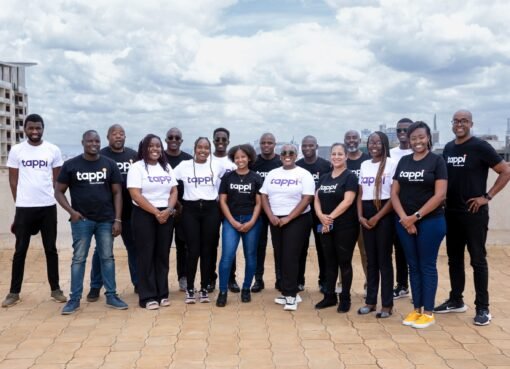

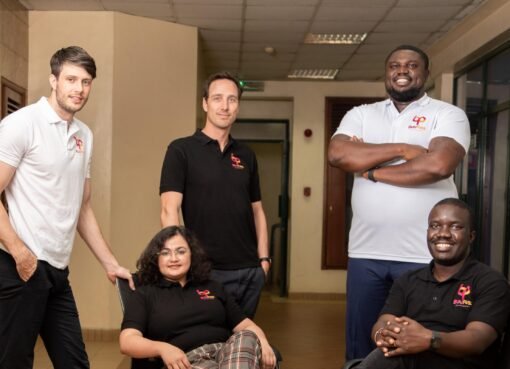
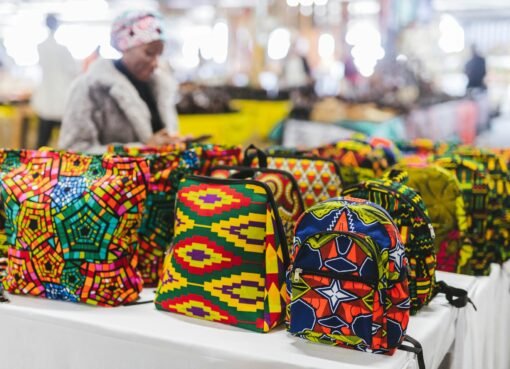


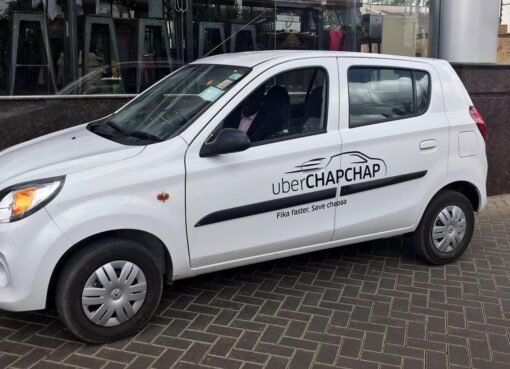










Comment here